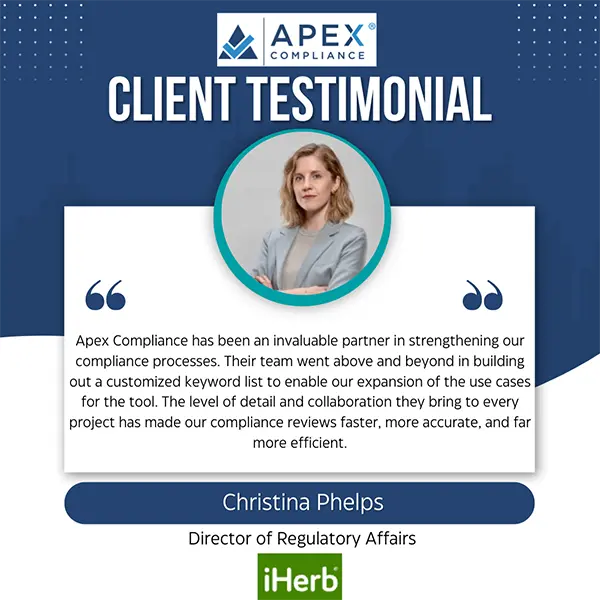
Influencers Must Disclose Material Connection
Free products should also be disclosed
Disclosing material connections is an important part of influencer and ambassador marketing, including when customers receive free products and post about them.
Drunk Elephant, a well-known skincare brand, was recently targeted by the National Advertising Division (NAD) for alleged violations of their influencers and ambassadors not disclosing material connection.
Here’s what we can learn.
From NAD case: “A company influencer states “@Drunk Elephant you did it again – you guys know I’m obsessed with the bronzing drops… hashtag#drunkelephantpartner.” NAD goes on to state “The hashtag is on the fifth line and only visible if the viewer clicks on the hyperlink “more.”
Takeaway: Hiding material connection below the “more” section is not considered conspicuous and is therefore not compliant. Adding disclosures at the beginning of the post is always best. Also since this is a video post where the endorsement is made verbally the disclosure should be made verbally as well.
Unpaid product is compensation: In this example the unpaid consumer who receives free product does not disclose material connection. If they would have said “Thanks for the free product” or “I love this free sample” that would be sufficient disclosure.
From NAD case: “The other TikTok video post was created by … an unpaid influencer who received free product from the company. (The) video post did not feature a material connection disclosure. The text accompanying her post states “b-goldi illuminating drops are 10/10.” NAD noted that receiving free product constitutes a material connection that requires disclosure.”
Generally speaking, there are two main types of NAD cases.
1) Challenge cases: This is when a competitor challenges the validity of another company’s claims. There is a cost associated with this and typically only larger companies participate in this. This is important to keep in mind if you are “poking the bear” of a large company. For example, saying a product works better than an incumbent product is a quick way to attract a challenge case.
2) Monitoring cases: NAD looks at different categories of claims and then finds claims to challenge. This Drunk Elephant example is a challenge case and since there is little enforcement of TikTok, I expect more NAD scrutiny of this platform.
Read the full case here.

